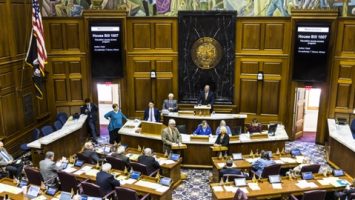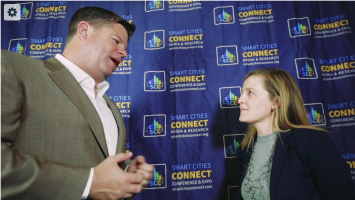
The city of Mississauga, Ontario has approved a smart city master plan to guide the city’s modernization strategy for the next ten years. The plan will serve as a framework for officials on how to proceed with digital projects, enhance online city services, and use technology to improve everyday life.
“Over the past year, we’ve engaged our community in an extensive series of in-person and online discussions where we received valuable input on our proposed Smart City Master Plan,” said Shawn Slack, the director of IT and chief information officer for the city of Mississauga. “The Master Plan aims to create a ‘Smart City for Everybody’ that will help bridge the divide between those who have access to technology and those who do not.”
Smart city projects already begun include:
- Wireless Mississauga – a free public internet access at more than 70 WiFi hot spots in the city;
- Virtual campus – a partnership of the city with the University of Toronto-Mississauga, Sheridan College, and roaming service provider Eduroam, to become a virtual campus; and,
- A public sector network- the largest municipally-owned fiber optic network in Canada, with more than 800 kilometers of fiber connecting more than 290 sites across the city.
The master plan calls for five living labs in Malton, Streetsville, Port Credit, Clarkson, and downtown Mississauga – highly connected areas where the city plans to test new technology with public involvement.
“Mississauga is working to become a municipal leader when it comes to leveraging smart technology and innovation to engage our residents and solve some of our city’s most pressing issues,” said mayor Bonnie Crombie. “A ‘Smart Mississauga’ will be a well-connected, sustainable city where everyone can live, work and thrive for generations to come. Our new plan will help ensure that as Mississauga transforms into a modern, global city, that we stay at the forefront of innovation and technology to ensure we are not only meeting the needs of the present but giving future generations the ability to meet theirs.”


